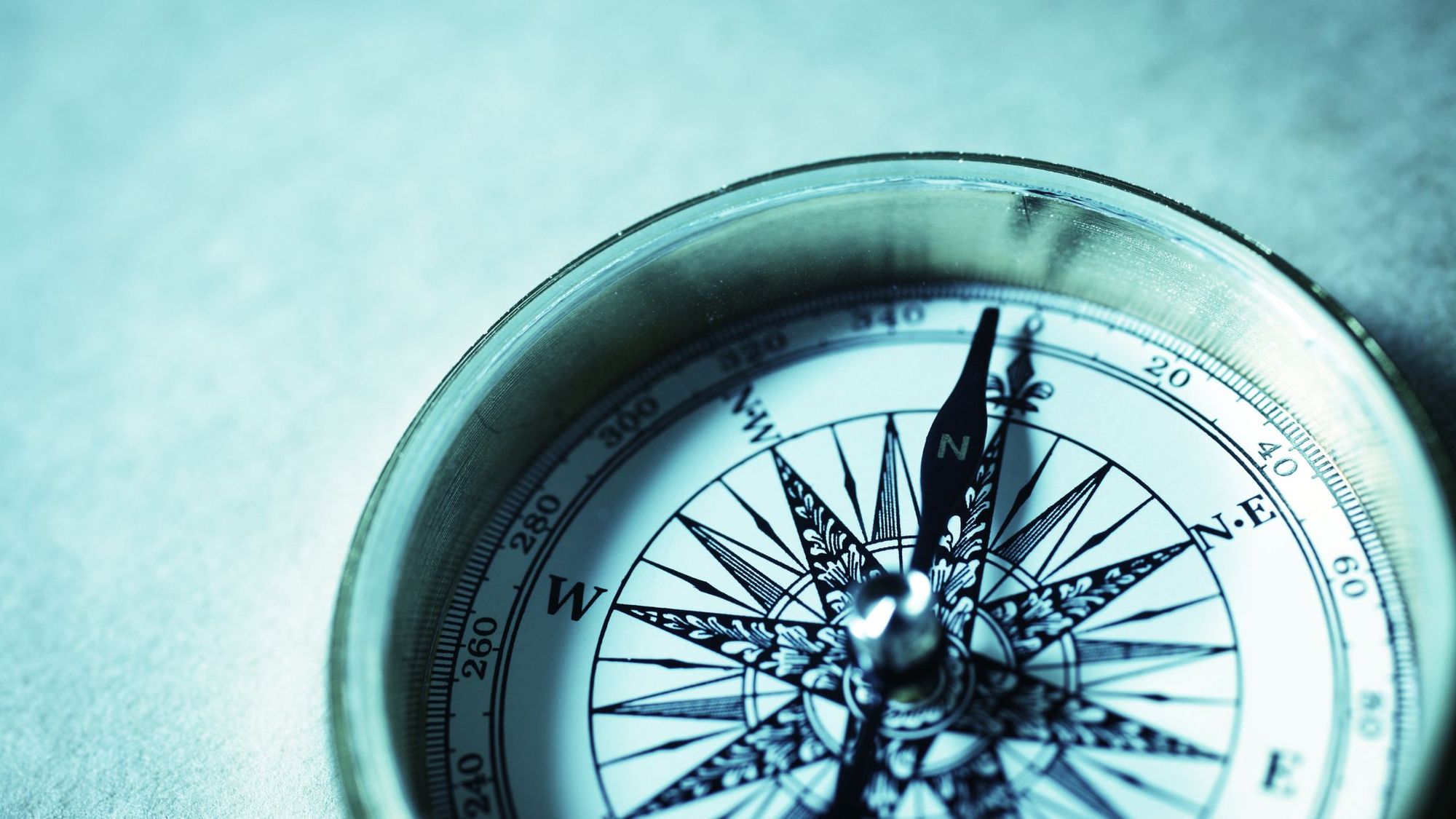
Self-discovery is not just about finding answers, it’s about learning to ask yourself the right questions, and understanding that there is no single “right” way to live your life. Self-discovery is crucial to your wellness, and it’s a journey that can be both challenging and rewarding.
Self-discovery ultimately leads to a greater understanding of oneself and the world around us. This is especially true when you get to know yourself better by asking yourself the right questions.
As I discovered throughout my own journey, self-discovery is not a destination, but rather a journey that requires ongoing effort, commitment, and a willingness to be open to new perspectives. It requires us to be willing to take risks and try new things, stepping outside of our comfort zone. It also requires us to face our fears, and to understand that the process of self-discovery is not always easy.

The Dark Place as a Catalyst for Self-Discovery
For me, self-discovery began in my mid 20s when I found myself in a dark place, struggling with thoughts of suicide. According to the World Health Organization (WHO), approximately 800,000 people die due to suicide every year, making it the second leading cause of death among youth aged 15-29 years old. I felt like I had nowhere to turn. I had built a successful business, was married, had kids, had the cars, house, vacation home, and an incredible life, but I felt completely lost. We’re often programmed to strive for these things in life, but often never stop to ask why. I personally always thought that’s where happiness came from, but it was just a mask. Not a real identity. Barely anything I had done in my life was for me, it was to make my parents proud, to provide for my wife and kids, and if I’m totally honest, a lot of everything I did was external and based on ego. Having everything still left me feeling lost, and I thought to myself, now what?
That’s when I decided to take control of my life and embark on a journey of self-discovery.

Embarking on a Journey of Self-Discovery
It was a daunting task, but I made a commitment to myself to be open to the process, and I decided to be willing to take risks and try new things. Self-discovery and the process of getting to know yourself better can lead to increased self-esteem, better decision-making, healthier boundaries, and improved relationships. I was willing to be vulnerable and willing to face my fears.
One of the ways I began this journey was through self-discovery retreats.
Tools for Self- Discovery: Retreats, Therapy, Journal Prompts, and More
Self-discovery retreats, often referred to as wellness retreats, are a powerful tool for personal growth and healing. They offered me a variety of activities such as yoga, breathwork, meditation, and therapy. Yoga and meditation have been shown to have positive effects on mental health, including reducing symptoms of anxiety and depression. According to a study published in the Journal of Behavioral Medicine, eight weeks of yoga significantly decreased symptoms of depression and increased mindfulness. Therapy can also be a valuable tool for self-discovery, as it allows for a deeper understanding of oneself, one’s past, and how it affects the present. Studies have shown that therapy can lead to improved mental health, including a decrease in symptoms of anxiety and depression.
I found that traditional talk therapy could only get me so far, so I also explored somatic work, which recognizes the connection between the mind and body, and incorporates techniques such as breathwork, yoga, movement, music and sound, being in nature, and community to tap into the innate healing power of the body.
Breathwork was a powerful tool that helped me release tension and trauma that was stored in my body.
Breathwork also reduced my symptoms of anxiety and depression, and improved my overall well-being. Yoga and movement also helped me release stored tension and trauma, as well as improve flexibility, strength, and body awareness.
Sound healing, which uses frequencies and vibrations to promote inner work, was also a valuable tool in my journey of self-discovery. Studies have shown that sound healing can lead to improved mental and emotional well-being, and can also reduce symptoms of anxiety and depression.
Self-reflection in the form of journaling is a valuable tool for self-discovery as well. You can use journal prompts or simply ask yourself questions that require reflection and thought, and use those questions as your journal prompts. If trying new things is part of your self-discovery journey, you could journal about your experience and what you learned about yourself throughout it. Here are some more tips on how to get started on your self-discovery journey.
The journey of self-discovery was not easy, and it was filled with challenges, but the rewards were well worth it.
The Challenges and Rewards of Self-Discovery
I learned to understand myself better, make better decisions, have healthier relationships, and lead a more fulfilling life. Self-discovery is positively associated with well-being and can lead to increased life satisfaction and happiness. I learned to love myself for who I truly am, and not just for whom I think I should be. This self-acceptance and self-compassion can lead to improved mental health and well-being, as well as better relationships with others. I learned to set healthy boundaries and take care of my own needs. This self-care can lead to better physical and mental health and improved relationships. I also learned to let go of the past and live in the present moment, which helped me to cultivate mindfulness and improve my overall well-being.
The Importance of Continued Self-Discovery and Asking Yourself Questions
As explained earlier, self-discovery is not a destination, as it’s an ongoing journey that requires you to continually get to know yourself. It’s crucial for personal growth and healthier relationships. It is important to continue to make time for self-care and self-reflection, as the work of self-discovery never truly ends. There will always be so much more to learn and discover about yourself.
By investing time, energy and resources into my own self-discovery journey, I’ve reaped many rewards. I’ve gained a better understanding of myself, made more thoughtful decisions, fostered healthier relationships and led a more fulfilling life. I have learned to accept and love myself for who I am, establish healthier boundaries with others, and I learned how to attend to my own needs so that I don’t pour from an empty cup.
It’s important to continually check in with yourself so that you’re asking yourself questions about your own fears, desires and needs. Make it a point to attend to your needs and make time for self-care.
Self-discovery is a journey that can lead to higher life satisfaction, and an improved sense of well-being.
References:
- World Health Organization. (2021). Suicide prevention. Retrieved from https://www.who.int/mental_health/prevention/suicide/suicideprevent/en/
- Journal of Behavioral Medicine. (2010). The effects of yoga on depression and anxiety. Retrieved from https://www.ncbi.nlm.nih.gov/pmc/articles/PMC5843960/
- National Institute of Mental Health. (2020). Therapy can be effective for mental health conditions. Retrieved from https://www.nimh.nih.gov/health/topics/psychotherapies/index.shtml
- Journal of Alternative and Complementary Medicine. (2016). The effects of a breath-based meditation intervention on emotion regulation, stress response, inflammation, and cardiovascular function. Retrieved from https://www.ncbi.nlm.nih.gov/pmc/articles/PMC5129254/
- International Journal of Yoga. (2018). Yoga and mental health: The need for a holistic approach. Retrieved from https://www.ncbi.nlm.nih.gov/pmc/articles/PMC6372300/
- International Journal of Yoga Therapy. (2017). Yoga therapy and somatic practices for trauma and PTSD. Retrieved from https://www.ncbi.nlm.nih.gov/pmc/articles/PMC5663762/Journal of Integrative Medicine. (2016). The effects of sound healing on mental and emotional well-being. Retrieved from https://www.ncbi.nlm.nih.gov/pmc/articles/PMC5472429/






